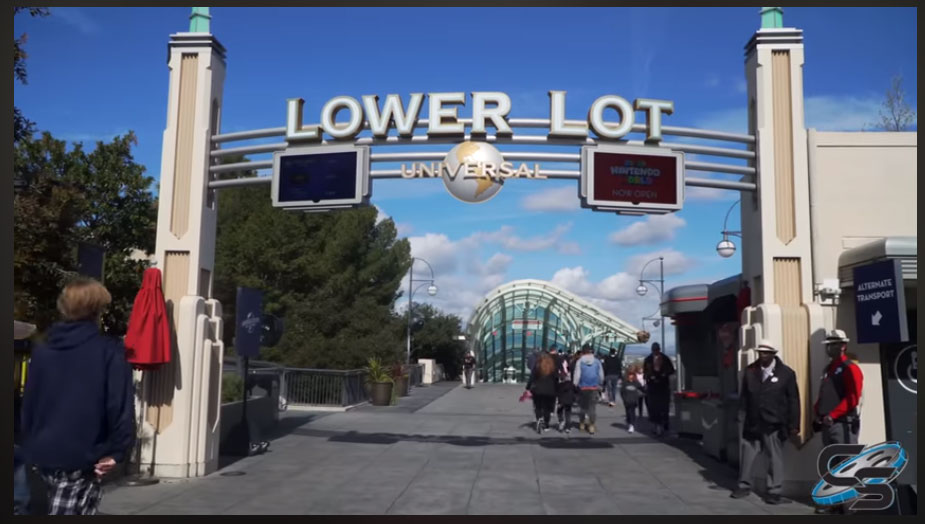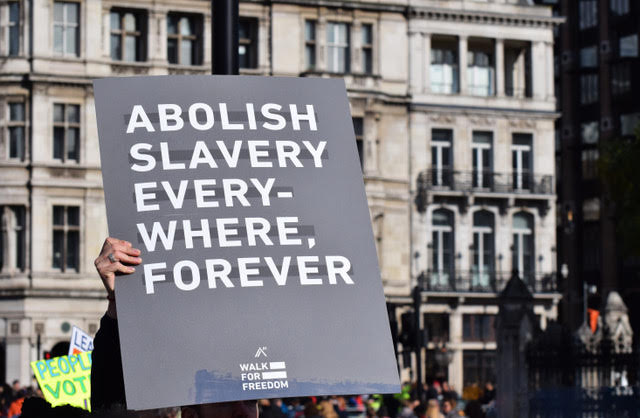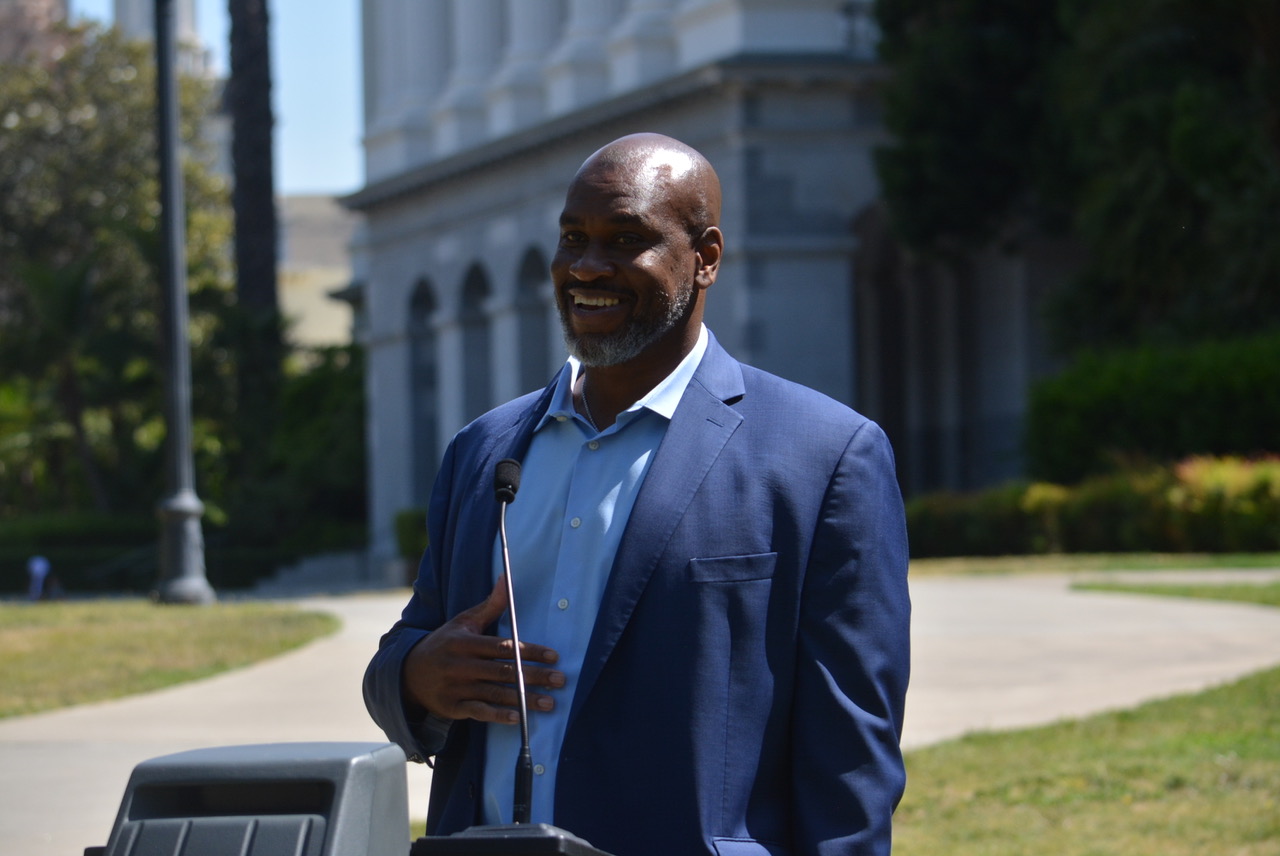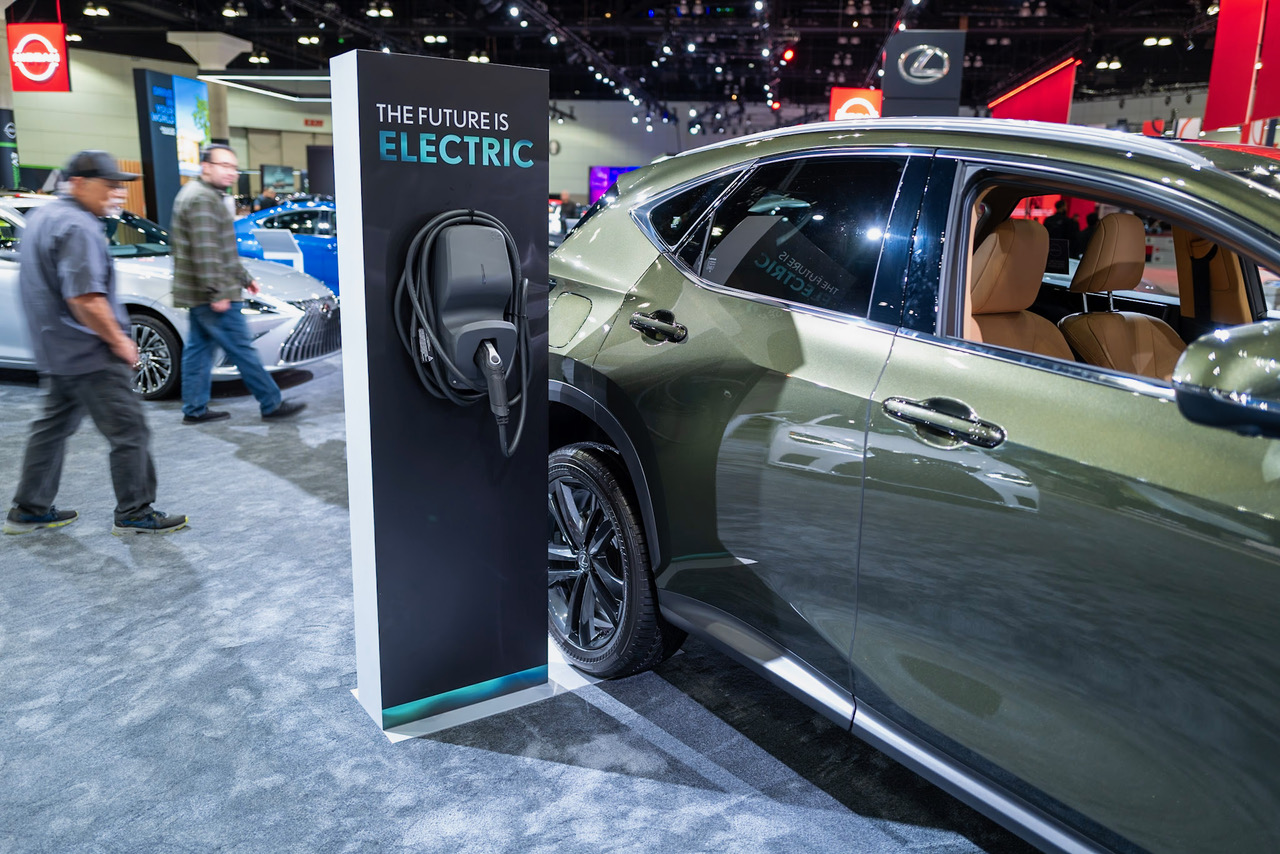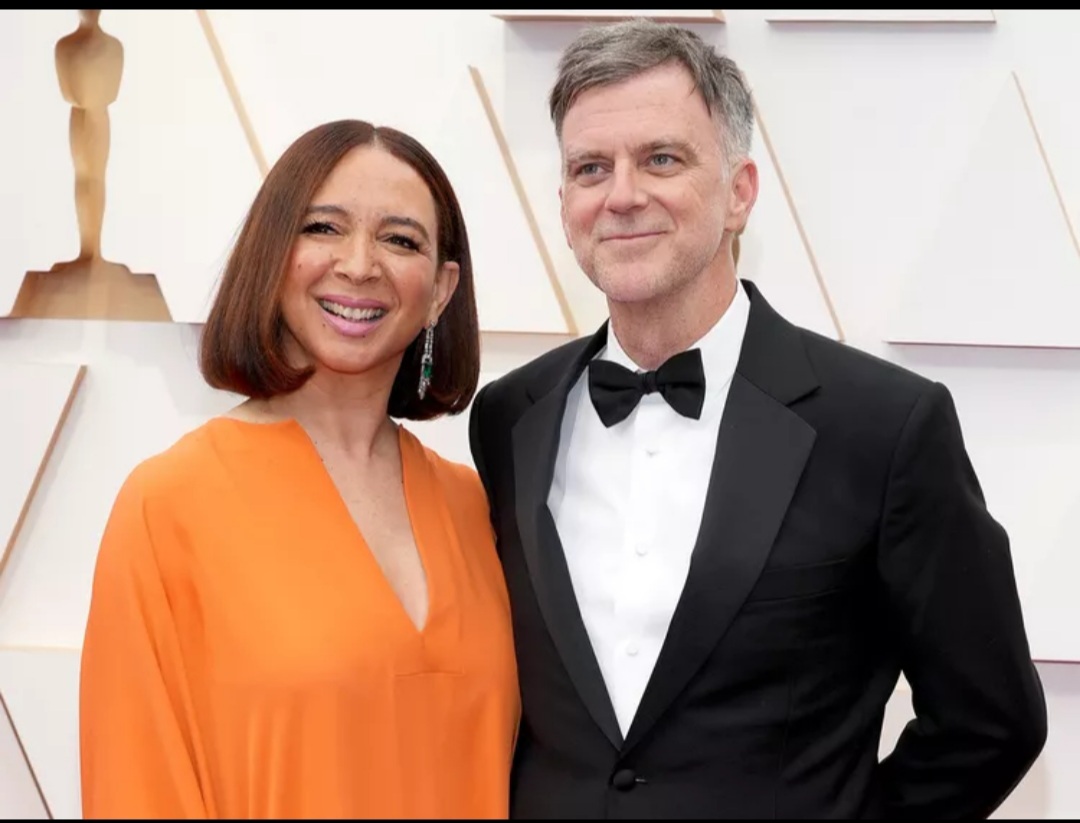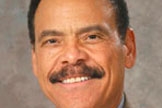
Recent retiree Dr. Duruisseau Retires reflects on his career at UC Davis Health System.
By Donna Michele Ramos
After a long, illustrious career culminating as the Associate Vice Chancellor for diversity, Inclusion and Community Engagement for UC Davis Health System, Dr. Shelton Duruisseau recently retired. He shares some of his career highlights and words of wisdom for those who are starting their careers.
THE HUB: Dr. Duruisseau how are you adjusting to your rencent retirement?
Dr. Duruisseau: I haven’t really started adjusting yet, I feel like I’m on an extended vacation. I have not been retired too long, I still get up between 5:30 a.m. and 6;00 a.m. and I go to bed at the same time. It almost feels like some sort of new beginning, I feel like I felt 46 years ago when I got my degree from Grambling and applied for a job in Omaha, Nebraska teaching General Science. I was full of excitement and enthusiasm traveling to a new place, taking on the public school system adventure and from there I came here to Sacramento. I have no regrets, I have been with UC Davis 31 years and 4 months, and it was exciting, challenging and joyful.
THE HUB: In the 31 years you spent at UC Davis, what are some of the impactful changes you were able to effect?
Dr. Duruisseau: My work with the community, it’s what I initiated. The health system was expanding, buying property. It bought 5 acres of residential property people were living in to make way for Shriners Hospital. I made sure they didn’t tear down the houses and collaborated with SHRA; they owned vacant lots in Oak Park. I convinced UC Davis to donate these houses and place on the vacant lots to make free housing available to those in need. At least 8 homes for these families were saved. That was about 20 years ago; I suspect some of those families still live there. I, we were sensitive to that. For those displaced, I made our work part of them. Internally, I convinced the university to build its own central plant because we recognized our patients come into the hospital on ventilators, etc. They couldn’t be disrupted, so by having our own central plant the health system doesn’t depend on any central outfit to supply water, power, etc. SMUD, PG&E are back up systems for us. We sold enough power to the State for the central plant to be paid for in the first 4 years. Lots of energy companies like Enron all around the country caused prices to go up. The plant provides stable power for the campus without interruption and without blackouts. This plant was built out for 50 years capacity; we are only using 9%, so we have lots of room built in for growth.
THE HUB: What was your first position at UC Davis?
Dr. Duruisseau: The Associate Director for Programs and Ambulatory Care. I was responsible for all Outpatient Clinics, the Emergency Room and Social Services. Prior to that I lived in Omaha for 3 ½ years and left in January 1972 and went back to the University of Nebraska in Lincoln and obtained my MS and PhD in Health Care Services. I lived in Nebraska for 12 ½ years before coming here to Sacramento. I worked as the Regional Mental Health Director for 6 counties in western Nebraska and was the CEO for the county hospital in Omaha for 2 years. When I graduated I was asked to head up the county hospital; they did a national search, 200 people applied for that job. I liked it and stayed there, it was one of the best decisions I made for myself and my family.
THE HUB: Since we are on the subject of family, tell us about your family.
Dr. Duruisseau: My wife Maxine retired from the State after 28 years. My son Leonard (Tim) has been at Campbell’s Soup for 23 years, he is a machinist and the lead supervisor. My daughter Sheila graduated from UC Berkeley, with a degree in Social Welfare Education Administration Policy. The decision to move here was good all the way around for our family; it provided more abundant opportunities for everybody.
THE HUB: What would you tell young African American high school and college students to do if they are trying to get their foot in the door at UC Davis? What about laid-off people and people who will not attend college, what are your suggestions for them?
Dr. Duruisseau: To get in for employment or as a student you really have to be prepared to be in a position to compete. Do the work, get credentials, have some experience in something. I went to the best schools and pursued degrees that would let me get in anywhere. Starting at the beginning in the UC System, it’s better to come in with a skill. The UC System is geared towards research, teaching and discovery; you can’t crossover without credentials to get into the core of the university. There is a little opportunity in Support Services but not much. Get to know what UC Davis System is about. To move up you really have to be prepared and have a tremendous amount of credentials, you have to have a Masters to be assured of your career track. It is too hard to compete without proper credentials. I came here with a PhD and 12 years of experience; so I was able to be at the table. I was never outside of the board room and I was able to be effective and in a position where I did not have to ask for a lot of permission. If you want to make an impact, you must be in the board room at the highest level. There is no hook-up or shortcut. There is no substitute for being prepared or putting in hard work.
THE HUB: If you could have dinner with any person who ever lived, who would it be? Why them?
Dr. Duruisseau: Martin Luther King, Jr. I was so impressed and enamored with him. I had a big photo of him in my office. His sayings and messages telling all of us what it’s good to do for humanity. To see how he became so committed, to give up his life at such a young age, at 38 he made such an impact worldwide.
THE HUB: What do you like to do for entertainment?
Dr. Duruisseau: For exercise I jog 1 ½ miles a day, I am proud to say I am the same weight I was when I was 18 years old in high school. I enjoy golfing as well as sitting around with close friends to debate current issues the world is faced with; one learns all the time.
THE HUB: What’s something people would be surprised to know about you?
Dr. Duruisseau: People may be surprised to know I just want to make sense out of my existence. I haven’t veered too much to the right or left, I’m pretty much an open book. What you see is what you get, it’s always consistent.
